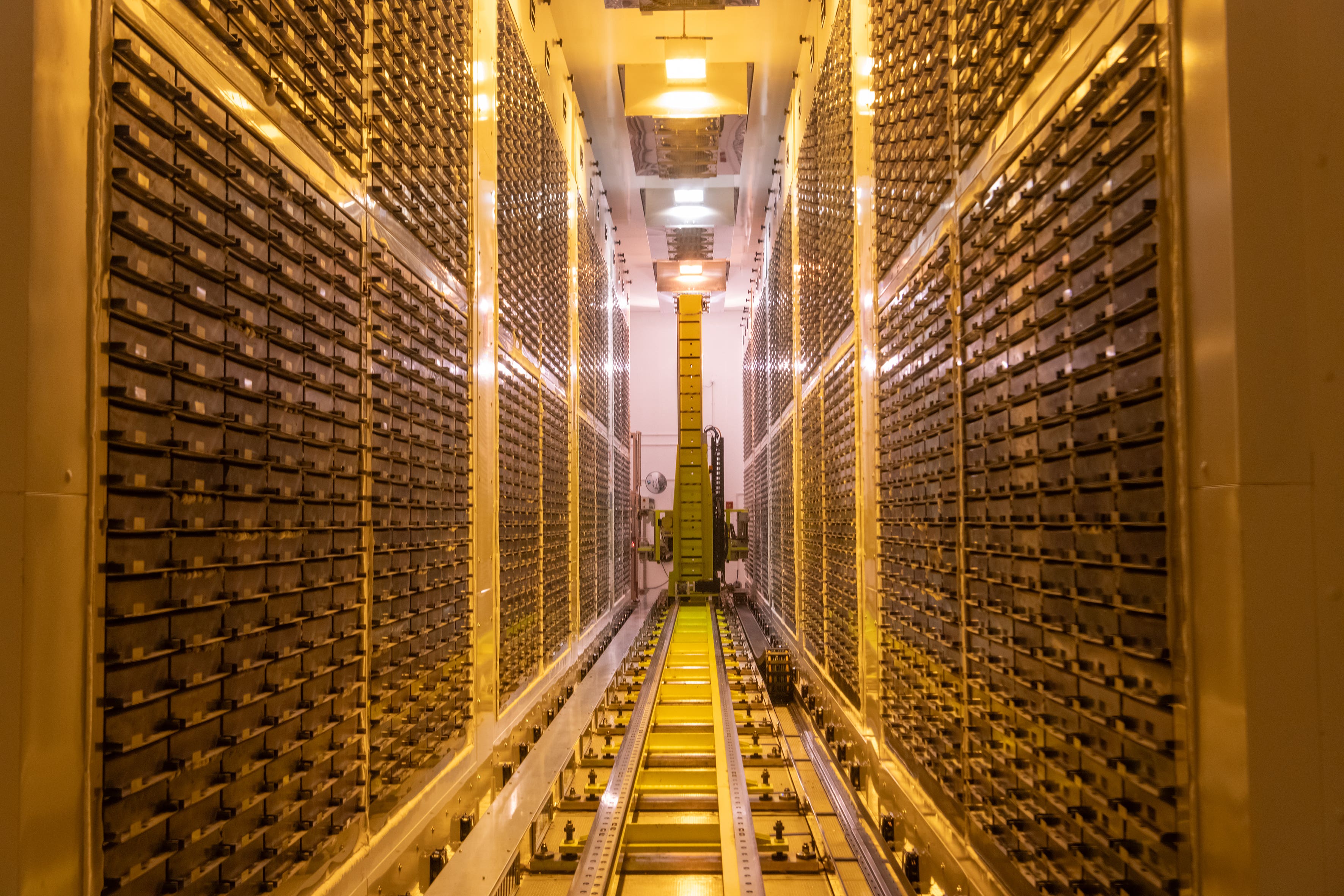UK Biobank releases world’s largest set of whole genome sequencing data
Among other things, the data could enable researchers to look at a person’s individual risk of common disease.

Your support helps us to tell the story
From reproductive rights to climate change to Big Tech, The Independent is on the ground when the story is developing. Whether it's investigating the financials of Elon Musk's pro-Trump PAC or producing our latest documentary, 'The A Word', which shines a light on the American women fighting for reproductive rights, we know how important it is to parse out the facts from the messaging.
At such a critical moment in US history, we need reporters on the ground. Your donation allows us to keep sending journalists to speak to both sides of the story.
The Independent is trusted by Americans across the entire political spectrum. And unlike many other quality news outlets, we choose not to lock Americans out of our reporting and analysis with paywalls. We believe quality journalism should be available to everyone, paid for by those who can afford it.
Your support makes all the difference.UK Biobank has unveiled new data that provides “the most detailed picture of human health that exists”, scientists have said.
The data from whole genome sequencing of half a million people equips researchers with the “ultimate toolbox” to make new discoveries about disease development possible.
Whole genome sequencing analyses the entire human genome – a unique genetic code of three billion building blocks.
Among other things, the data could enable researchers to look at personalised risk of common disease, better understand genetic diseases and develop new and better drugs.
These data, together with the wealth of data of lifestyle, environment, biomarkers and health outcomes, means that UK Biobank provides the most detailed picture of human health that exists...
Professor Naomi Allen, chief scientist, UK Biobank, said the release of the data means that “within a few years we may well see new and more effective drugs for diseases such as heart disease, type 2 diabetes, rare genetic diseases (Huntington’s, motor neurone disease) and cancers”.
She added: “It may also lead to more targeted healthcare, whereby your genetic make-up can help determine whether or not you are more or less likely to benefit from a certain treatment, or to have side-effects.
“These data will also allow for accurate identification of individuals who are at high genetic risk of disease, leading to interventions for targeted screening and early disease diagnosis or for targeted preventive measures to be introduced.”
According to Prof Allen: “These data, together with the wealth of data of lifestyle, environment, biomarkers and health outcomes, means that UK Biobank provides the most detailed picture of human health that exists, equipping researchers with the ultimate toolbox to make previously out-of-reach links and discoveries about disease development possible.”
After five years, more than 350,000 hours of genome sequencing, and more than £200 million of investment, UK Biobank has released the world’s largest single set of sequencing data.
Professor Sir Rory Collins, principal investigator at UK Biobank, said: “This is a veritable treasure trove for approved scientists undertaking health research, and I expect it to have transformative results for diagnoses, treatments and cures around the globe.”
Set up 20 years ago, the charity UK Biobank recruited half a million people to create a comprehensive source of health data.
It is used by researchers across the world, from academic, commercial, government and charitable settings, for scientific discoveries that improve human health.
The addition of sequencing data to the database comes after a series of developments made using the vast UK Biobank biomedical database.
This includes finding genes associated with protection against obesity and type 2 diabetes, which has the potential to lead to the development of new drugs.
It also includes identifying people at very high genetic risk for diseases such as heart disease, breast cancer and prostate cancer, which may help with screening.
This project was funded by Wellcome, UKRI and four biopharmaceutical companies – Amgen, AstraZeneca, GSK and Johnson and Johnson.
In return for investment, UK Biobank gives nine months’ exclusive data access to industry members of the consortium.
This way, commercial companies invest heavily to enhance a health dataset that is then available to approved research across the world.
The new data – and the rest of UK Biobank’s de-identified data – is now globally accessible for approved researchers on the UK Biobank Research Analysis Platform.